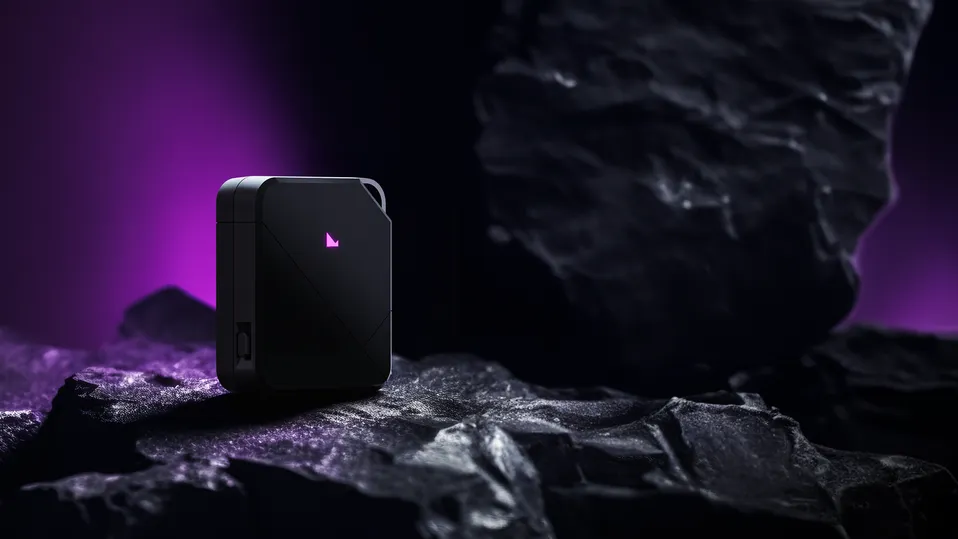
The role of a crypto wallet is pivotal in the dynamic world of cryptocurrencies. These wallets not only store your digital assets but also ensure their security and accessibility.
This blog post aims to demystify the various types of crypto wallets available in the market, helping you to make an informed decision about which is best suited to your needs.
What is a Crypto Wallet?

A crypto wallet is more than just a storage unit for your digital currencies; it’s a gateway to your digital financial transactions.
These wallets store your private keys – the critical data you need to access your cryptocurrency holdings. The importance of choosing the right wallet cannot be overstated, as it balances two crucial aspects: security and convenience.
Understanding the main types of Crypto Wallets
Let’s see some of the main types bellow:
1. Hot Wallets

Hot wallets are connected to the internet, offering convenience and facility.
-
Online Wallets: Accessible via web browsers, they are easy to use but vulnerable to online threats. Ideal for small amounts of cryptocurrency used regularly.
-
Mobile Wallets: These wallets run on apps on your smartphone, offering portability and various features like QR code scanning. However, they might be at risk if the phone gets lost or compromised.
-
Desktop Wallets: Installed on personal computers, they offer more control and security than online and mobile wallets, but they remain vulnerable to viruses and malware.
2. Cold Wallets

The cold wallets are offline storage options, providing enhanced security.
-
Hardware Wallets: These physical devices store your private keys offline. They are immune to online hacking attempts and suitable for storing large amounts of cryptocurrency.
-
Paper Wallets: Essentially a physical printout of your public and private keys. While they are completely offline, they are susceptible to physical damage and loss.
3. Specialized Wallets
Apart from mainstream wallets, there are specialized types like Multisig Wallets, which require multiple keys for transactions, enhancing security.
Brain Wallets, where keys are memorized, exist but are prone to the risks of forgetfulness and death.
Comparing Wallet Types
Hot wallets prioritize convenience and are suited for smaller amounts and frequent transactions.
Cold wallets, like klerversafe, on the other hand, are designed for security and long-term storage.
Your choice should align with your transaction habits and the amount of cryptocurrency you intend to store.
Future Trends in Crypto Wallets
The future of crypto wallets lies in enhancing security and user experience. Biometric security, integration with decentralized finance (DeFi), and multi-currency support are some of the emerging trends.
In conclusion, the choice of a crypto wallet is a crucial decision for anyone in the cryptocurrency space. Understanding the types of wallets and their respective pros and cons is key to safeguarding your digital assets.


